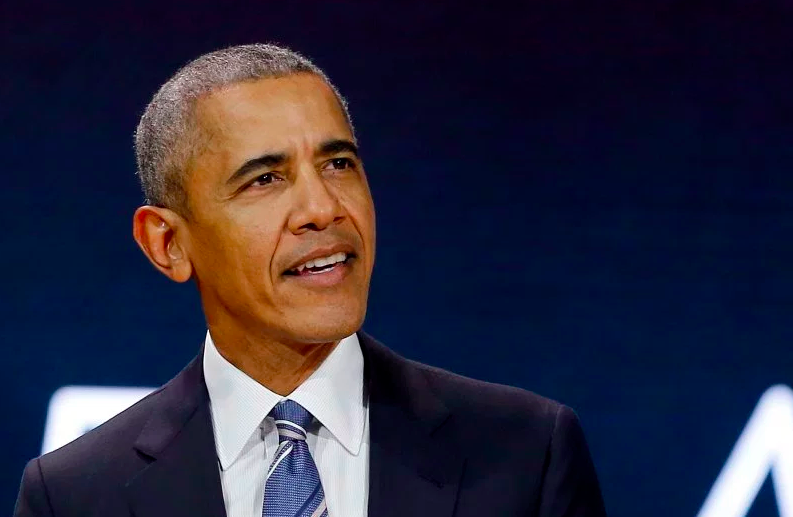As Americans we agree that the American Revolution was an inherently good thing – it gave us freedom from foreign control and independence to rule our own people in the ways we see fit. While the Founding Fathers had more than a few significant flaws, generally as Americans we are proud of the work they did to shape our nation. However, this Zinn made me think about the course of events a little bit differently. I feel like the American Revolution is typically painted as a spontaneous, grass-roots uprising motivated out of pure patriotism and the will for independence. Reading Zinn this made me realize how much more calculated this war truly was and what the actual motivations of it were.
While the unrest and anger of the lower and middle classes was definitely present, that anger was not initially targeted at the British. Following the French and Indian War, the gap in wealth was extraordinarily high. The top 5% of Boston controlled 49% of the city’s assets, and those patterns were similar in other cities. This resulted in outbreaks of mob violence against the elite, which made them wonder if they could harness this energy and use it for their own personal gain. England needed the colonies far more than they needed England and with the French finally gone and enough unrest already present, the upper class realized exactly how to get what they wanted by redirecting the anger of the poor from them to the British. In doing so, they were able to “enlist enough Americans to defeat England without disturbing too much the relations of wealth and power that had developed” (74). They painted this movement as a benefit for all, when in reality 69% of the signers of the Declaration of Independence had held office under English rule and were able to avoid the draft by paying for it. They were able to make the poor think it was their idea and then make them do the elite’s dirty work. When you see exactly how well thought through this revolution was, you understand why Zinn called it “a work of genius” (59).
While that may be true, given the account of the revolution I had been taught about this unification of the people and pure desire for independence that drove it with all men being equal and fighting the good fight together, this more accurate account left me a little disappointed. This is probably due to a naive, fourth grade sense of the American Revolution (history’s not my thing) but this feeling is one I’ve become rather familiar with this semester. It feels to me a lot like learning how charismatic leaders – a very positive term – can easily turn extremely manipulative. While the harnessing of the anger of the poor to achieve the needs of the upper class was a brilliant move, it feels similarly manipulative. There is a long history of the elite using the poor or less privileged to drive their own agenda and knowing that our country was built the same was not surprising but definitely burst my bubble a little bit. They summed it up best – tyranny is tyranny.


